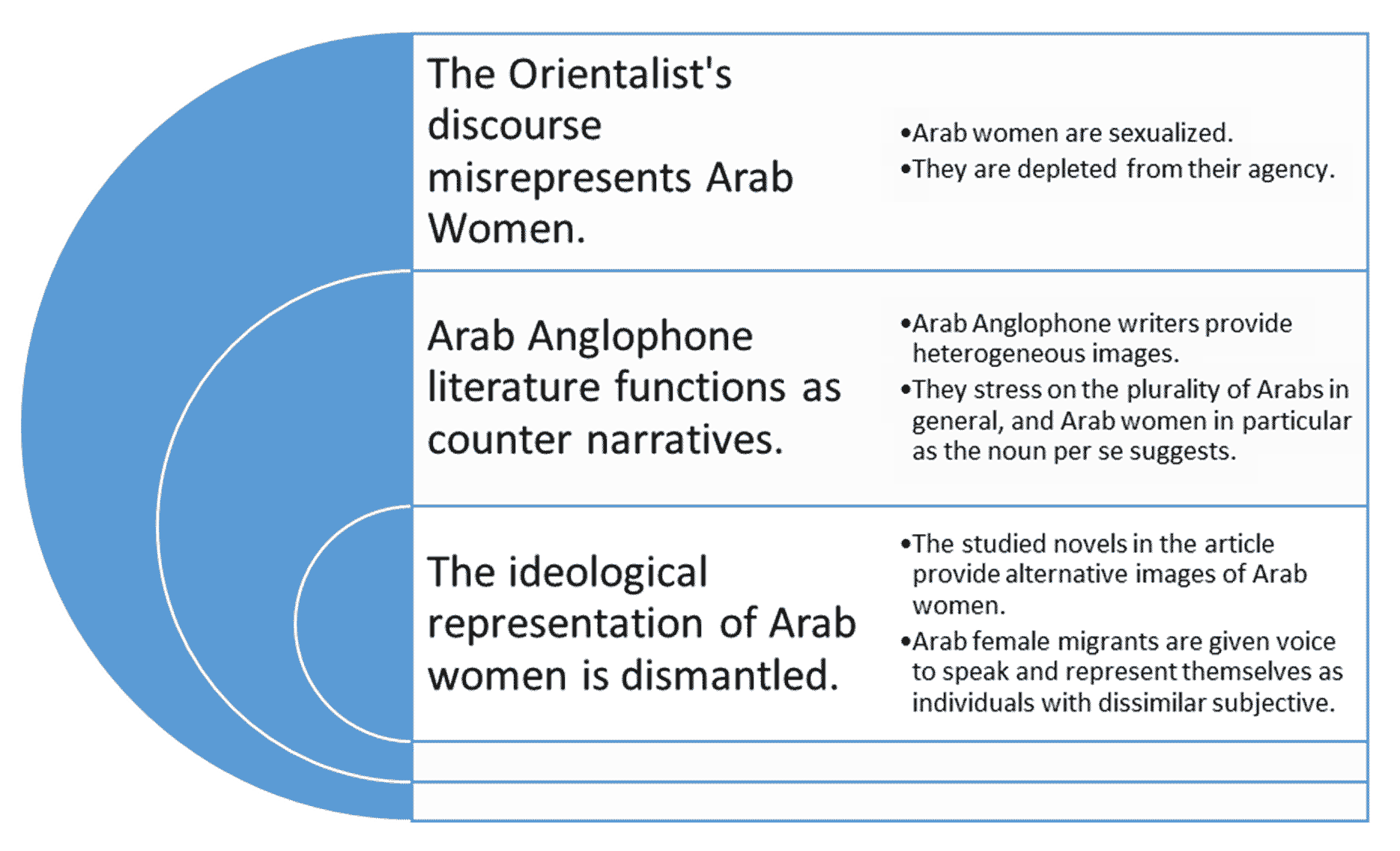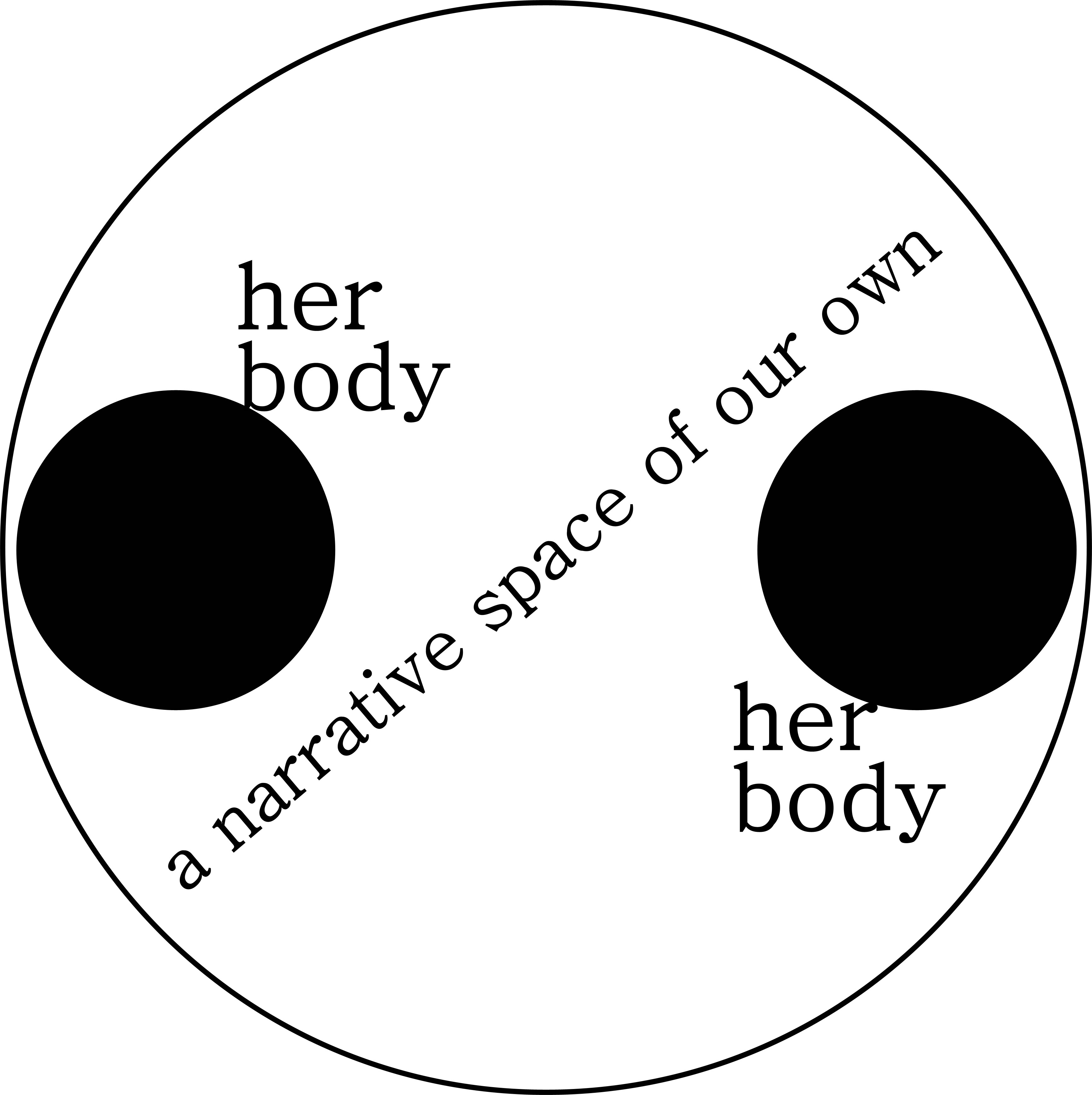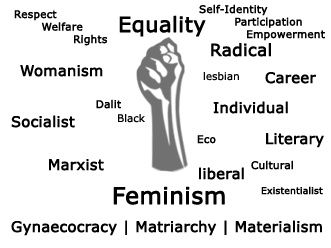Article Title :
Orientalizing Arab Migrant Women: Faten and Reema as Sexual Fantasies in Laila Lalami’s Hope and Other Dangerous Pursuits and Susan Muaddi Darraj’s The Inheritance of Exile 
6 (2022)
42-50
Transnational Feminism , Representation , Orientalism , Arab Female Migrants , Agency


The orientalist discourse is characterized by the discursive conceptualization of an uncivilized and sexualized east. Eastern women are portrayed as sexual objects and fantasies whose purpose is the satisfaction and obedience of the brown men. This discursive representation has affected the Westerner’s perception of migrant women as the novels suggest. This article probes the sexualizing and objectifying of Arab migrant women as a result of their ideological representation by the orientalists in the context of diaspora. Faten in Hope and Other Dangerous Pursuits as a Moroccan female migrant in Spain and Reema in The Inheritance of Exile as an American of Arab descent are perceived by the Spanish customer and American boyfriend respectively as harem and sexual objects who can fulfill their fantasies. The agency Lalami and Darraj associate with their female protagonists does however dismantle the fixed representation of orientalism as Faten and Reema are given voice to rewrite the discursive narratives and to present alternative representations of Arab female migrants as being heterogeneous and independent individuals with freedom and control over their choices and decisions. The two studied novels as postcolonial diasporic literature disrupt and debunk the discursive orientalist discourse on Arab women.

The orientalist discourse misrepresents Arab Women.
Westerner’s conceptualization of Arabs is affected by Orientalism.
Arab Women’s literature dismantles the homogeneity of Arabs.
Arab female migrants are given voice to represent and speak for themselves.
The homogenizing Arab women are trespassed.
Allen, R., 1994. Introduction: The short-story genre. In Arabic Short Stories. Ed. and trans. Johnson-Davies, D. Berkeley/Los Angeles: University of California Press, xvii-xxv.
Al Maleh, L., 2009. Anglophone Arab Literature: An Overview. In Arab Voices in Diaspora: Critical Perspectives on Anglophone Arab Literature. Ed. Al Maleh, L. Amsterdam/ New York: Rodopi, 1-63
Anzaldúa, G., 1981. Speaking in Tongues: A Letter to 3rd World Women Writers. In This Bridge called my Back: Writings by Racial Women of color. Eds. Morga, C. and Anzaldua, G., Foreword, Toni Cade Bambara. Watertown, Mass: Persephone press, 165-174.
Cohen-Mor, D., 2005. Introduction. In Arab Women Writers: An Anthology of Short Stories, ed. and trans. Cohen-Mor, D. Albany, New York: State University of New York Press.
Darraj, S. M., 2007. The Inheritance of Exile. Notre Dame, Indiana: The University of Notre Dame Press.
Fadda-Conrey, C., 2014. Contemporary Arab-American Literature: Transnational Reconfigurations of Citizenship and Belonging. New York, London: New York UP.
Gauch, S., 2006. Liberating Shahrazad: Feminism, Postcolonialism and Islam. University of Minnesota Press.
Jarmakani, A., 2008. Imagining Arab Womanhood: The Cultural Mythology of Veils, Harems, and Belly Dancers in the U.S. New York: Palgrave Macmillan.
Lalami, L., 2006. Hope and Other Dangerous Pursuits. New York: Harvest Books.
Loomba, A., 2005. Colonialism/Postcolonialism. Milton Park, Abingdon/New York: Routledge.
Majaj, L.S. 2012. Arab american literature: Origins and developments. In Arab American Literature and Culture. Eds. Hornung, A. and Kohl, M. American Studies- A Monograph Series 199. Heidelberg: Universitätsverlag Winter, 61-86.
Mehta, B., 2007. Rituals of Memory in Contemporary Arab Women’s Writing. Syracuse UP.
Moore, L., 2008. Voice and Vision in Postcolonial Literature. Taylor and Francis Ltd.
Ouhiba, N., 2017. Resistance and transcultural dialogue in the fiction of Anglophone Arab Women Writers: Towards Diasporic Arab-American and Arab-British Poetics of Identities. University of Sidi Bel Abbes, Djillali Liabes.
Said, E., 1979. Orientalism. New York, Vintage.
Said, E., 2000. Reflections on Exile and Other Essays. Cambridge: Harvard UP.
Mohanty, C. T., 1991. Under western eyes: Feminist scholarship and colonial discourses. In Third World Women and The Politics of Feminism. Ed. Chandra Mohanty, Ann Russo, Lourdes Torres. Indiana University Press, 51-80.
Valassopoulos, A., 2007. Contemporary Arab women writers: cultural expression in context. Milton Park, Abingdon/New York: Routledge.





